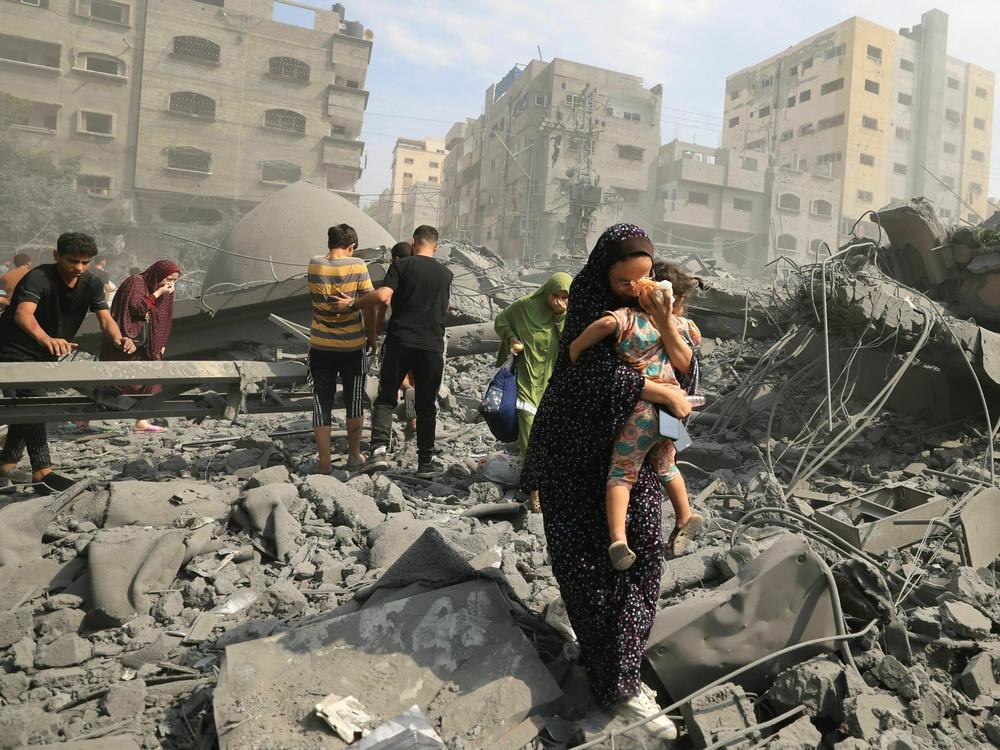Section Branding
Header Content
Opinion: What gets lost in the 'Big Picture'
Primary Content
Martha Gellhorn, the great war correspondent, once wrote in the British literary journal Granta:
"In war, I never knew anything beyond what I could see and hear.
"The Big Picture always exists," she said, "and I seem to have spent my life observing how desperately the Big Picture affects the little people who did not devise it and have no control over it."
News organizations will report the Big Picture, of strategies, analysis, and political calculations, as we cover the world's conflicts in Israel and Gaza, Ukraine, Sudan, Yemen and elsewhere. Armchair generals and studio polemicists will propound different points of view. But soldiers who fight those wars, and civilians who try to struggle through them, are trying only to survive.
Wilfred Owen, the great British poet, and Erich Maria Remarque, the German novelist, may have been in opposing trenches during World War I. But when Owen writes in his poem, The Last Laugh-
The Bullets chirped—in vain, vain, vain!
Machine guns chuckled-Tut-tut! Tut-tut!
And when Remarque writes in All Quiet on the Western Front, "Inside the gas mask, my head booms and roars—it is nigh bursting."
-you can hear a common language, regardless of their different uniforms.
I've also been reminded of a dispatch by William Walton for LIFE Magazine in November 1944. He described the long, ragged lines of German civilians trudging along battered roads as the Allies bombed Germany into submission.
"Every building was damaged or destroyed," Walton wrote. "Not a window remained. The air was full of tiny cinders that were grit in your eyes and bitter on your tongue.
"None of the politicians and generals and strutting youths were in that procession," he went on. "It was only the very old, the very young and helpless, moving past their ruined homes through the blasted streets...."
We watch from afar as hard decisions are made in the councils of power. But we may need to look closer to see how the commands they give resound in the real lives of people on both sides of the battle lines.
Copyright 2023 NPR. To see more, visit https://www.npr.org.

